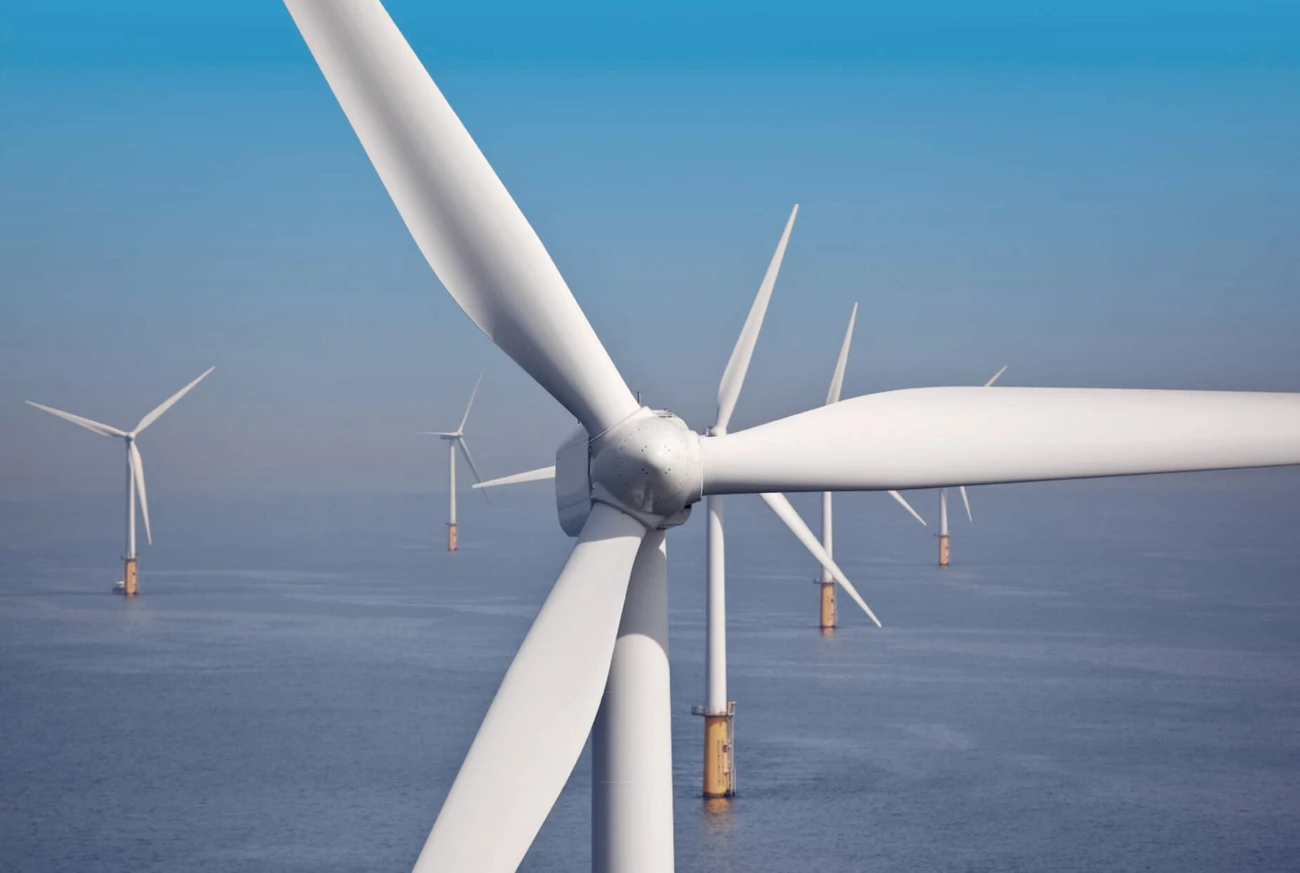ESG is the English abbreviation for environmental, social and governance and is a key concept when talking about investments with a sustainable focus. A high ESG score contributes to enhancing a company's value and thus the long-term return for investors. So what does active ESG ownership mean?
”In brief, active ESG ownership means that investors use their ownership of the companies to improve the companies’ ESG score – that is, their handling of environmental, social and governance factors,” explains Kerstin Lysholm, head of Investments at Nordea. She continues: “It's about investor engagement and it can either be individually or in collaboration with other investors.”
Active ESG ownership: A win-win strategy
Nordea’s survey shows that active ESG ownership is beneficial for both investors and companies. For the companies, active ESG ownership opens up for a more long-term focus among company management teams. The company gets valuable knowledge from professional investors or from skilled employees who are attracted to the company and its access to capital is secured.
For investors, active ESG ownership on average improves the long-term financial return and boosts sustainability. And thus active ESG ownership becomes interesting not only for investors who are motivated by enhanced sustainability, but also for investors who are motivated by better financial returns. Because in the long term the market will reward changes resulting from active ownership.
One of the conclusions from Nordea’s survey is that active ESG ownership as a strategy is more efficient compared to many other investment strategies because it seems to change things when it comes to improved sustainability.
“Perhaps it’s very natural that investors focusing on sustainability go for companies that work determinedly to improve their ESG scores. However, our survey shows that if you really want to increase the companies’ focus on sustainability, then the best strategy is to engage with some of the companies that don’t do enough. Start a dialogue with them instead of leaving it to investors who may not be that interested in sustainability,” says Kerstin.
What can you do as a personal investor if you want to exercise active ESG ownership?
As a personal investor you cannot be an active owner just like that. But you can help to ensure that the institutions that manage your funds are active owners. Basically it is not the institutional investors who are owners of the companies – it is the personal investors. So by demanding that your bank, pension fund or insurance company exercise active ESG ownership as an investment strategy, you as a personal investor can make a difference.




